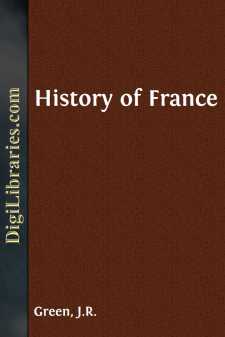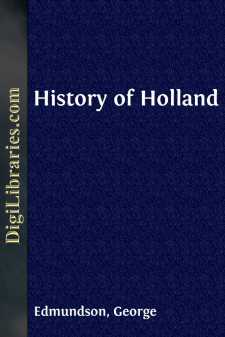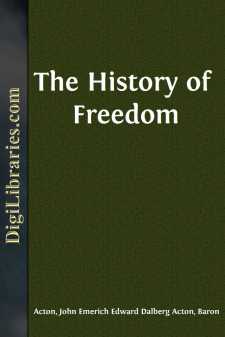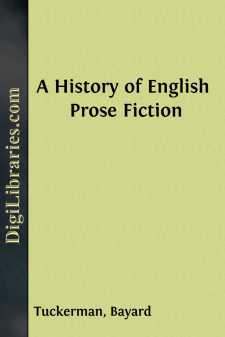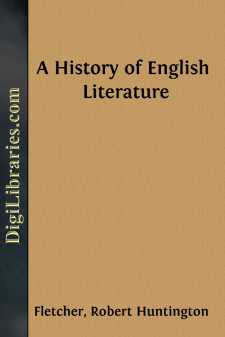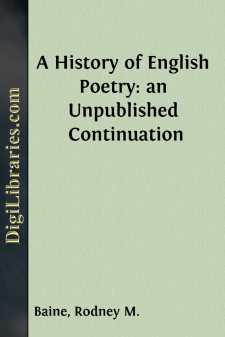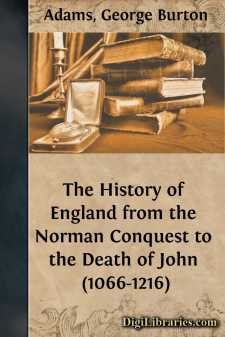Categories
- Antiques & Collectibles 13
- Architecture 36
- Art 48
- Bibles 22
- Biography & Autobiography 813
- Body, Mind & Spirit 142
- Business & Economics 28
- Children's Books 17
- Children's Fiction 14
- Computers 4
- Cooking 94
- Crafts & Hobbies 4
- Drama 346
- Education 46
- Family & Relationships 57
- Fiction 11829
- Games 19
- Gardening 17
- Health & Fitness 34
- History 1377
- House & Home 1
- Humor 147
- Juvenile Fiction 1873
- Juvenile Nonfiction 202
- Language Arts & Disciplines 88
- Law 16
- Literary Collections 686
- Literary Criticism 179
- Mathematics 13
- Medical 41
- Music 40
- Nature 179
- Non-Classifiable 1768
- Performing Arts 7
- Periodicals 1453
- Philosophy 64
- Photography 2
- Poetry 896
- Political Science 203
- Psychology 42
- Reference 154
- Religion 513
- Science 126
- Self-Help 84
- Social Science 81
- Sports & Recreation 34
- Study Aids 3
- Technology & Engineering 59
- Transportation 23
- Travel 463
- True Crime 29
Sort by:
by:
Unknown
THE HISTORY OF INSECTS. Insects are so called from a separation in the middle of their bodies, seemingly cut into two parts, and joined together by a small ligature, as we see in wasps and common flies. However small and contemptible this class of beings may appear, at first thought, yet, when we come to reflect, and carefully investigate, we shall be struck with wonder and astonishment, and shall...
more...
by:
J.R. Green
CHAPTER I. THE EARLIER KINGS OF FRANCE. 1. France.—The country we now know as France is the tract of land shut in by the British Channel, the Bay of Biscay, the Pyrenees, the Mediterranean, and the Alps. But this country only gained the name of France by degrees. In the earliest days of which we have any account, it was peopled by the Celts, and it was known to the Romans as part of a larger country...
more...
by:
George Edmundson
CHAPTER I [pg.1] THE BURGUNDIAN NETHERLANDS The last duke of the ancient Capetian house of Burgundy dying in 1361 without heirs male, the duchy fell into the possession of the French crown, and was by King John II bestowed upon his youngest son, Philip the Hardy, Duke of Touraine, as a reward, it is said, for the valour he displayed in the battle of Poictiers. The county of Burgundy, generally known as...
more...
CHAPTER I. Walter Scott.[1] It was reserved for Walter Scott, "the Ariosto of the North," "the historiographer royal of feudalism," to accomplish the task which his eighteenth-century forerunners had essayed in vain. He possessed the true enchanter's wand, the historic imagination. With this in his hand, he raised the dead past to life, made it once more conceivable, made it even...
more...
INTRODUCTION The two volumes here published contain but a small selection from the numerous writings of Acton on a variety of topics, which are to be found scattered through many periodicals of the last half-century. The result here displayed is therefore not complete. A further selection of nearly equal quantity might be made, and still much that is valuable in Acton's work would remain buried....
more...
by:
Bayard Tuckerman
CHAPTER I. THE ROMANCE OF CHIVALRY. I In the midst of an age of gloom and anarchy, when Feudalism was slowly building up a new social organization on the ruins of the Roman Empire, arose that spirit of chivalry, which, in its connection with the Christian religion, forms so sharp a division between the sentiments of ancient and modern times. Following closely on the growth of chivalry as an...
more...
CHAPTER I. The Subject Defined To attempt at the outset a rigid definition of the word romanticism would be to anticipate the substance of this volume. To furnish an answer to the question—What is, or was, romanticism? or, at least, What is, or was English romanticism?—is one of my main purposes herein, and the reader will be invited to examine a good many literary documents, and to do a certain...
more...
TWO ASPECTS OF LITERARY STUDY. Such a study of Literature as that for which the present book is designed includes two purposes, contributing to a common end. In the first place (I), the student must gain some general knowledge of the conditions out of which English literature has come into being, as a whole and during its successive periods, that is of the external facts of one sort or another without...
more...
by:
Rodney M. Baine
INTRODUCTION Among the unpublished papers of Thomas and Joseph Warton at Winchester College the most interesting and important item is undoubtedly a continuation of Thomas Warton's History of English Poetry. This continuation completes briefly the analysis of Elizabethan satire and discusses the Elizabethan sonnet. The discussion offers material of interest particularly for the bibliographer and...
more...
CHAPTER I THE CONQUEST The battle of the 14th of October, 1066, was decisive of the struggle for the throne of England, but William of Normandy was in no haste to gather in the results of the victory which he had won. The judgment of heaven had been pronounced in the case between him and Harold, and there was no mistaking the verdict. The Saxon army was routed and flying. It could hardly rally short of...
more...



